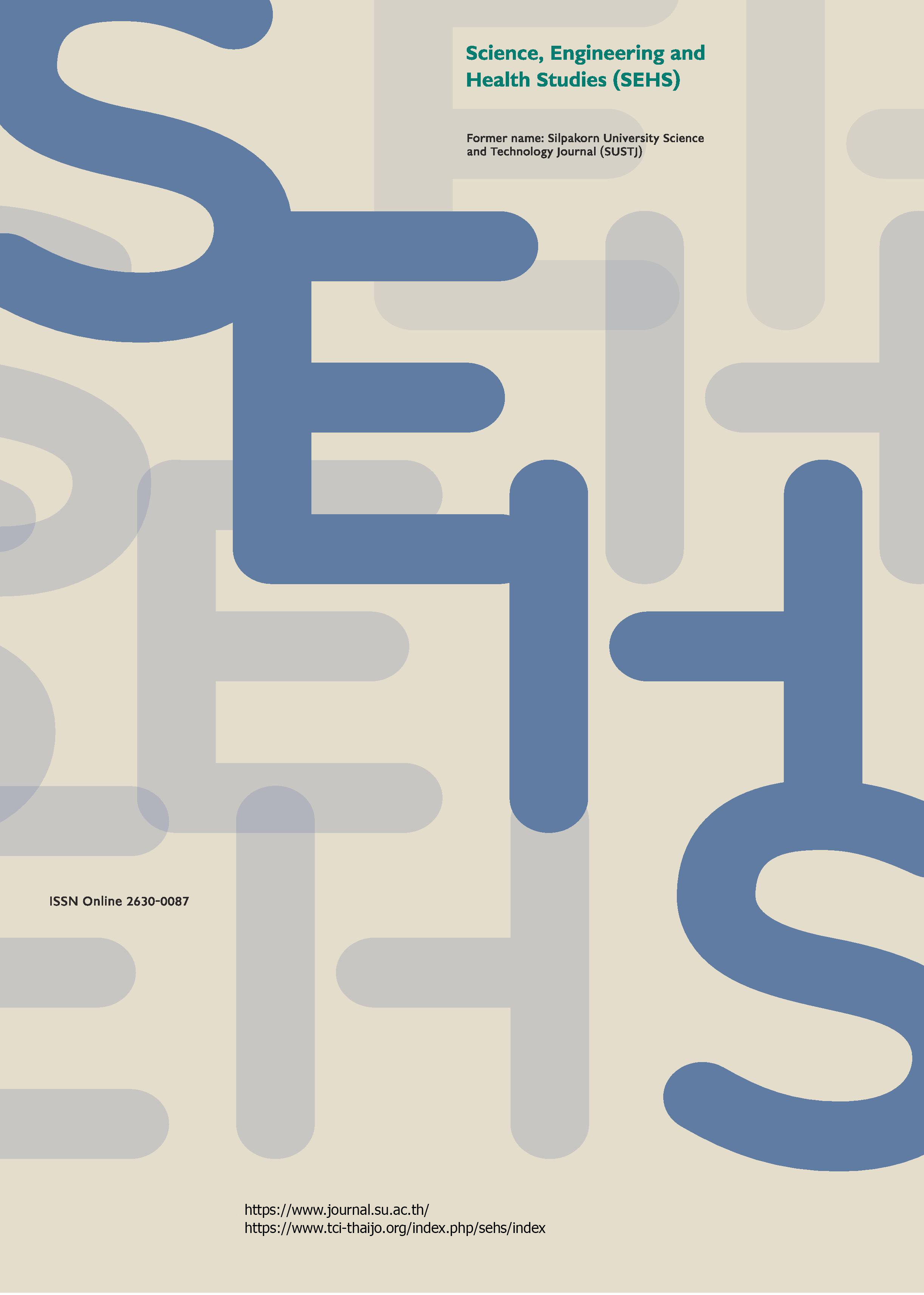Evaluation of teaching quality in mathematical courses using relative important index: A case study in Neijiang Normal University
Main Article Content
Abstract
Evaluation of teaching quality is an essential part of classroom teaching. The key to evaluation is to choose an appropriate evaluation tool and assign reasonable weights to its evaluation indexes. This study chooses reformed teaching observation protocol (RTOP) as an evaluation instrument to measure the relative importance of RTOP factors in mathematical courses. To achieve this goal, the relative importance index method was adopted to determine the values of relative importance among items. The indexes were ranked according to values. The sample of this study consisted of 30 mathematics teachers and students. All relative importance values were greater than 0.5, which indicates that items are medium to high level in importance. Furthermore, the ranking results showed that the factor lesson design and implementation ranked first, followed by propositional knowledge and procedural knowledge, while factor communicative interactions ranked last. The findings also show that lesson design and implementation are the most important factors in ensuring the teaching quality of mathematical courses among the respondents.
Downloads
Article Details

This work is licensed under a Creative Commons Attribution-NonCommercial-NoDerivatives 4.0 International License.
References
Adamson, S. L., Banks, D., Burtch, M., Cox III, F., Judson, E., Turley, J. B., Benford, R., and Lawson, A. E. (2003). Reformed undergraduate instruction and its subsequent impact on secondary school teaching practice and student achievement. Journal of Research in Science Teaching, 40(10), 939–957.
Amrein-Beardsley, A., and Popp, S. E. O. (2012). Peer observations among faculty in a college of education: Investigating the summative and formative uses of the reformed teaching observation protocol (RTOP). Educational Assessment Evaluation Assessment and Accountability, 24(1), 5–24.
Bernstein, D. J. (2008). Peer review and evaluation of the intellectual work of teaching. Change: The Magazine of Higher Learning, 40(2), 48–51.
Budd, D. A.,van der Hoeven Kraft,K. J., McConnell, D. A., and Vislova, T. (2013). Characterizing teaching in introductory geology courses: Measuring classroom practices. Journal of Geoscience Education, 61(4), 461–475.
Cerbin, W. (1994). The course portfolio as a tool for continuous improvement of teaching and learning. Journal on Excellence in College Teaching, 5(1), 95–105.
Lawson, A. E. (2003). Using the RTOP to evaluate reformed science and mathematics instruction. In Improving Undergraduate Instruction in Science, Technology, Engineering, and Mathematics: Report of a Workshop (McCray, R. A., DeHaan, R. L., and Schuck, J. A., Eds.), pp. 89–100. Northwest, Washington DC: National Academies Press.
Li, S. H., and Fu, Y. L. (2018). Research of evaluation index system of undergraduate classroom teaching in research universities under the background of "double world-class" based on the analysis of expert experience and structural equation model. Journal of Northwestern Polytechnical University(Social Sciences), 1, 22–34. [in Chinese]
Piburn, M., and Sawada, D. (2000). Reformed teaching observation protocol (RTOP): Reference manual, Technical Report No. IN00-3. Arizona Collaborative for Excellence in the Preparation of Teachers, Arizona State University.
Qiu, W. J., Zhao, G., and Lei, W. (2016). Construction of the university inquiry-based teaching evaluation system based on the analytic hierarchy process. Research in Higher Education of Engineering, 1(6), 138–143. [in Chinese]
Sawada, D., Piburn, M. D., Judson, E., Turley, J., Falconer, K., Benford, R., and Bloom, I. (2010). Measuring reform practices in science and mathematics classrooms: The reformed teaching observation protocol. School Science and Mathematics, 102(6), 245–253.
Tam, V. W. Y., Tam, C. M., and Ng, W. C. Y. (2007). On prefabrication implementation for different project types and procurement methods in Hong Kong. Journal of Engineering, Design and Technology, 5(1), 68–80.
Tong, D. Z., Xing, H. J., and Zheng, C. G. (2020). Localization of classroom teaching evaluation tool RTOP—taking the evaluation of physics classroom teaching as an example. Educational Science Research, 11, 31–36. [in Chinese]
Waris, M., Liew, M. S., Khamidi, M. F., and Idrus A. (2014). Criteria for the selection of sustainable onsite construction equipment. International Journal of Sustainable Built Environment, 3(1), 96–110.
Wu, W. N. (2011). An introduction to RTOP as a specialized tool of classroom teaching. Teacher Education Research, 23(5), 76–80. [in Chinese]


